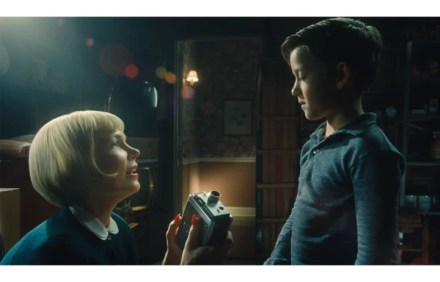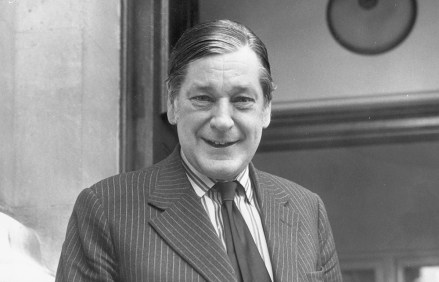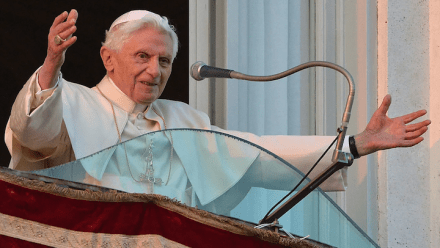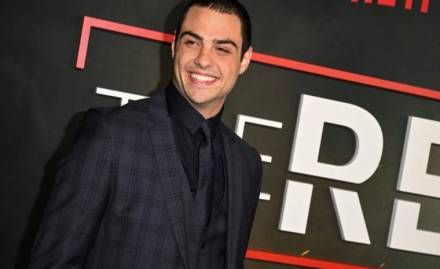How Salzburg made Mozart
Arriving in Salzburg, ahead of this week’s Whitsun music festival, the first thing that greets you is a rather grumpy statue of the greatest composer who ever lived. Johann Chrysostom Wolfgang Amadeus Mozart was born in this implausibly pretty Alpine city, and each time I return here the boyish creator of the world’s most beautiful music seems more ubiquitous than ever. Wandering the narrow alleyways of Salzburg’s medieval Altstadt, its cobblestones worn smooth by centuries of tourist traffic, Mozart’s pale and pensive face stares back at you from the window of every souvenir shop, emblazoned on every conceivable knick-knack, from fridge magnets to action figures (my personal favourite is the




















